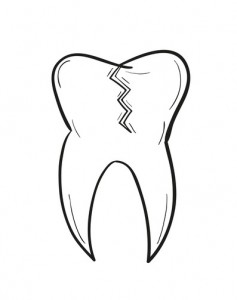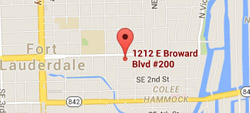 Dental implants are posts that are inserted into the jawbone and covered with a cap, or artificial tooth, in order to replace a lost tooth. Dental implants fuse with the jaw and the cap is color-matched to surrounding teeth, creating a permanent replacement tooth that looks and acts like your other natural teeth.
Dental implants are posts that are inserted into the jawbone and covered with a cap, or artificial tooth, in order to replace a lost tooth. Dental implants fuse with the jaw and the cap is color-matched to surrounding teeth, creating a permanent replacement tooth that looks and acts like your other natural teeth.
Dental implants are used by an implant dentist to replace teeth lost for a number of reasons, including physical damage from cracking. More than one implant can be placed in the mouth; in fact, the placement of dental implants can prevent the loss of further teeth because they stimulate the jaw and prevent the bone from weakening.
There are several levels of severity of cracks in a tooth. Most cracks are craze lines, which are small lines on the enamel of the teeth that do not require any treatment. Cracks in the cusp, or chewing surface, of the teeth that do not affect the pulp can also be treated by means other than in implant.
More serious cracks run vertically from the enamel down into the pulp, or nerve center, of the tooth. If left untreated, the pulp may become exposed, causing pain, inflammation, infection, and possibly the eventual loss of a tooth. These forms of cracks can sometimes be treated with a root canal, which involves removing the pulp and sealing the tooth.
A split tooth is the most severe form of crack, and it cannot be saved. The tooth will be removed and can be replaced with a dental implant. The implant will function like a normal tooth, and will not require any additional care after it heals.
Routine oral care, such as twice-daily brushing and daily flossing, will help the implant last for years.
A split tooth is typically the only form of a crack where you will likely need to replace it with an implant. In other, less serious cases of cracked teeth, there are often other options available.
If you have a cracked tooth and would like to learn more about your treatment options, contact the office of Dr. Burak Taskonak, serving Fort Lauderdale and the surrounding areas, at 954-905-2000 to schedule your consultation.



